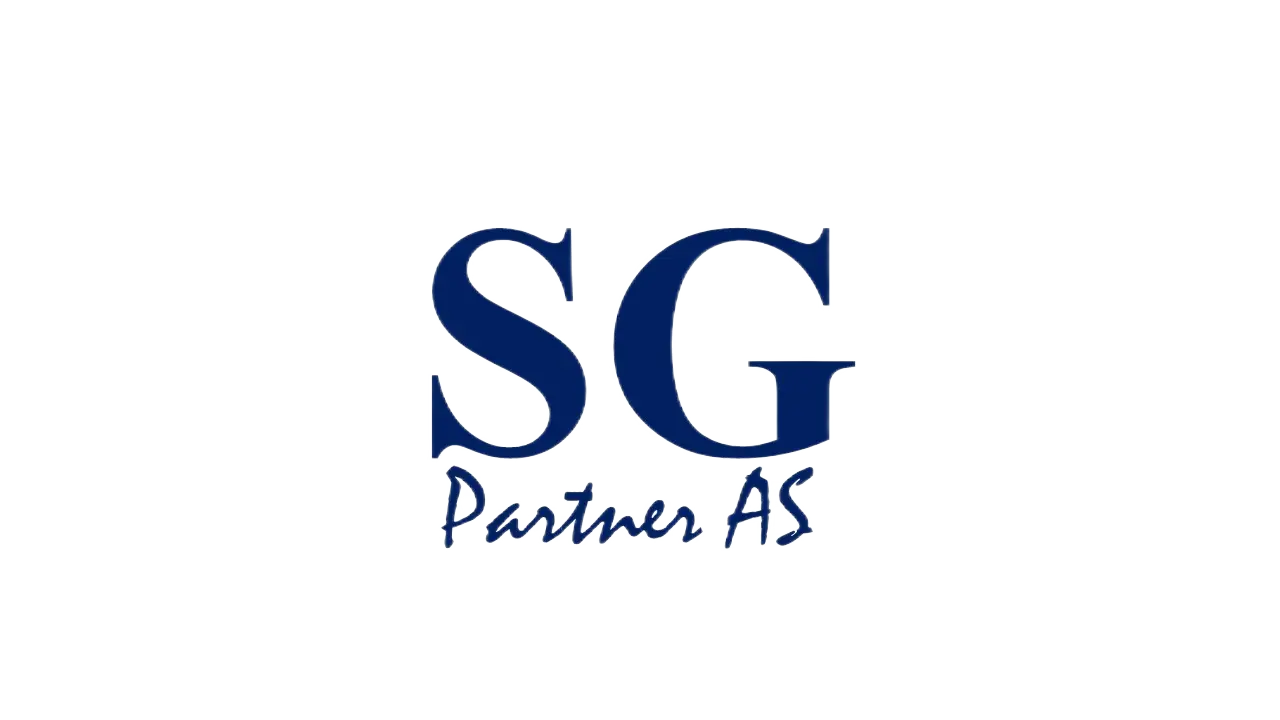This course provides IT leaders, practitioners, support staff and staff interfacing with the organisation's digital and information systems functions with a practical understanding of the key concepts, common language, principles and practices that enables successful management of modern IT-enabled services. It also prepares delegates for the ITIL® Foundation Certificate Examination. The course is based on the ITIL® 4 best practice service value system featured in the latest 2019 guidelines.
ITIL® is a registered trademark of the PeopleCert group. Used under licence from PeopleCert. All rights reserved.
COURSE OBJECTIVE:
After you complete this course you will be able to:
• Key IT service management concepts.
• How ITIL® guiding principles can help and organization to adopt and adapt service management.
• The 4 dimensions of service management.
• The purpose and components of the service value system.
• The activities of the service value chain and how the interconnect.
• Know the purpose of key ITIL® practices.
• Sit the ITIL® 4 foundation examination – Sample papers are set during the class by instructors to take during the class or as homework exercises.
TARGET AUDIENCE:
This course is aimed at all levels of IT professional and those involved in designing, building, delivering and managing modern digital products and services.
COURSE PREREQUISITES:
There are no pre-requisites for this course
COURSE CONTENT:
• IT Service Management definitions; Service, Utility, Warranty, Customer, User, Service management, Sponsor
• Key concepts of value creation
• Key concepts of service relationships; service offering; service provision; service consumption; service relationship management
• The nature, use and interaction of 7 ITIL® guiding principles; Focus on value; Start where you are; Progress iteratively with feedback; Collaborate and promote visibility; Think and work holistically; Keep it simple and practical; Optimize and automate
• The 4 dimensions of service management; Organizations and people; Information and technology; Partners and suppliers; Value streams and processes
• The ITIL® service value system
• The service value chain, its inputs and outputs, and its role in supporting value streams
• Service value chain elements; Plan, Improve, Engage, Design & transition, Obtain / Build, Deliver & support
• Detail of how the following ITIL® practices support the service value chain: – Continual Improvement (including continual improvement model); Change control; Incident management; Problem Management; Service request management; Service desk; Service level management
• The purpose of the following ITIL® practices: – Information security management; Relationship management; Supplier management; Availability management; Capacity and performance management; Service configuration management; IT asset management; Business analysis; Service continuity management; Deployment management; Monitoring and event management; Release management
FOLLOW ON COURSES:
The following courses are recommended for further study:
Create, deliver and support
Drive stakeholder value
High velocity IT
Direct, plan and improve
Digital and IT strategy
